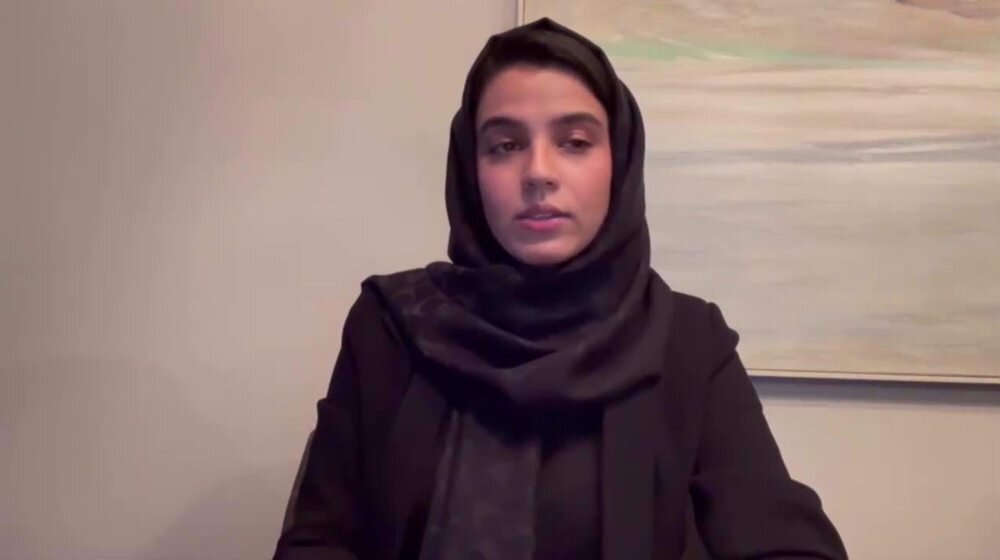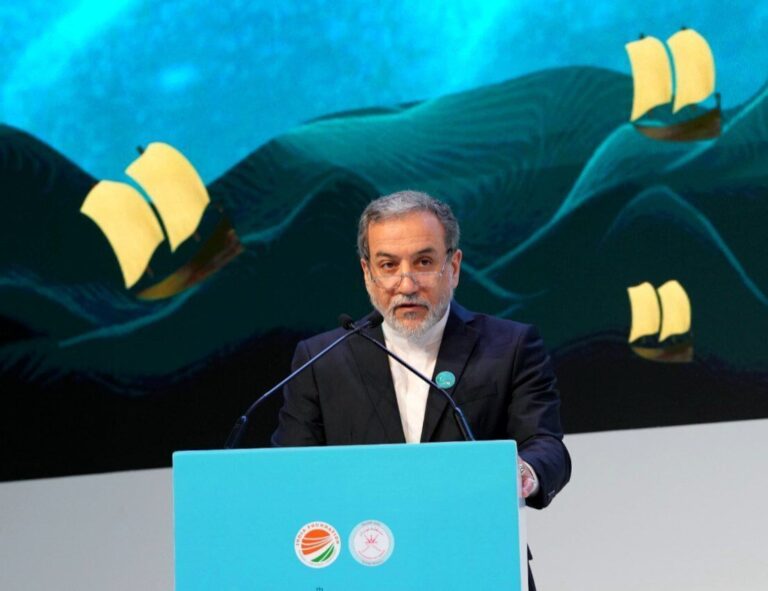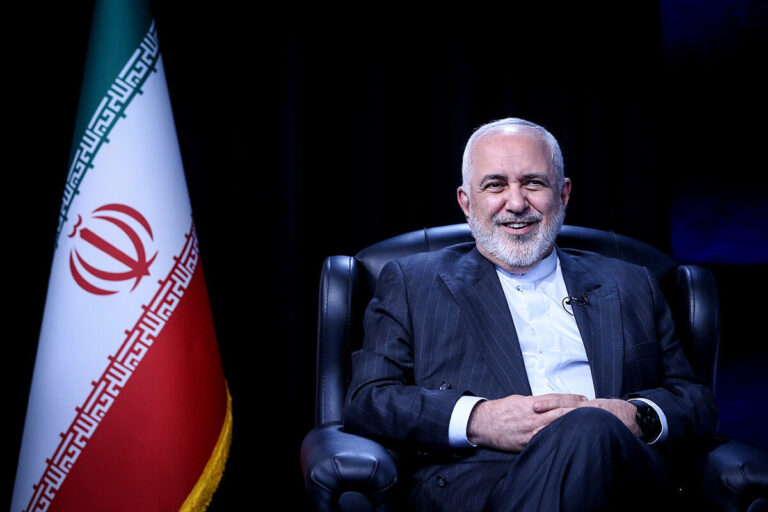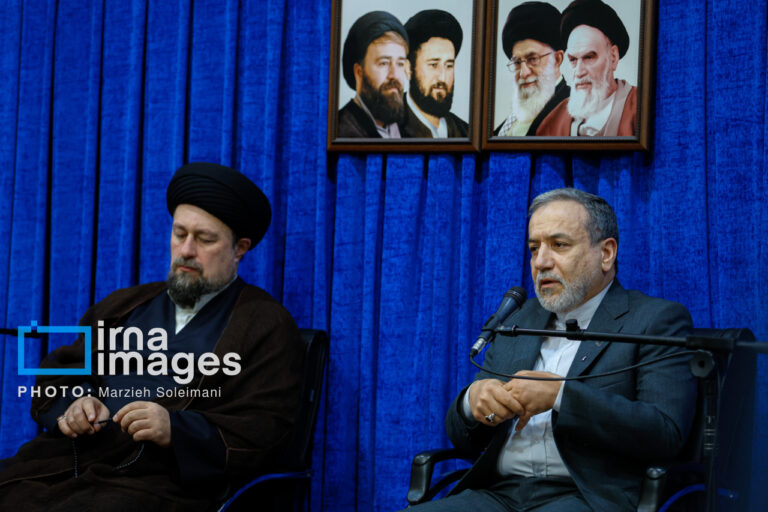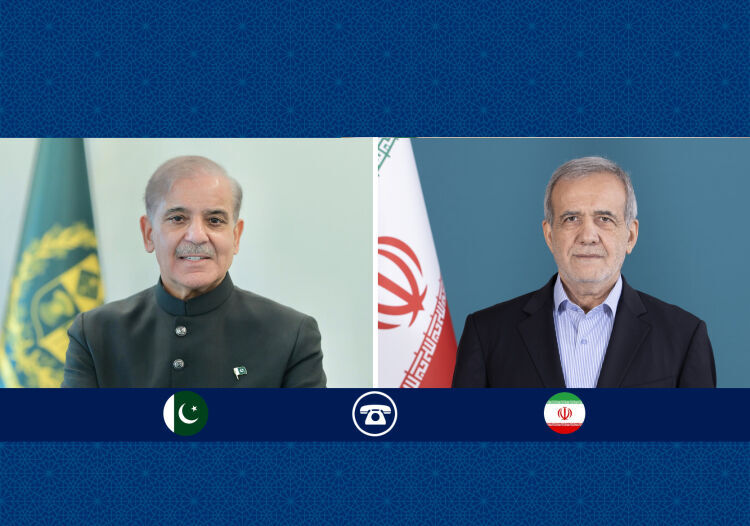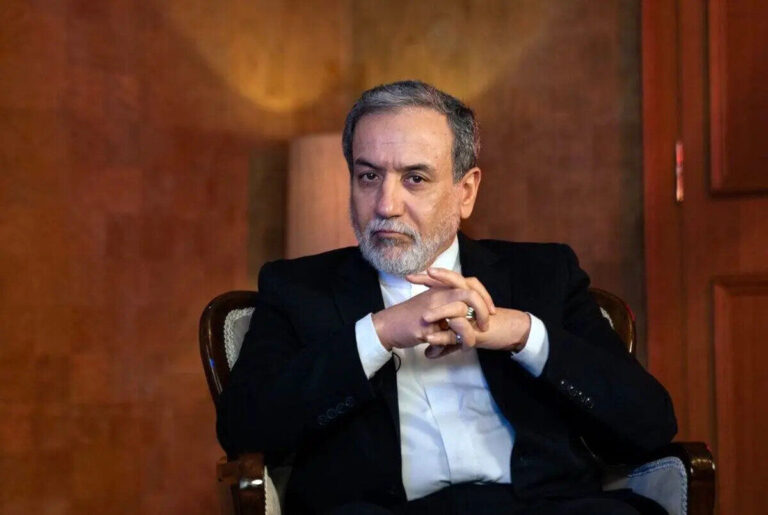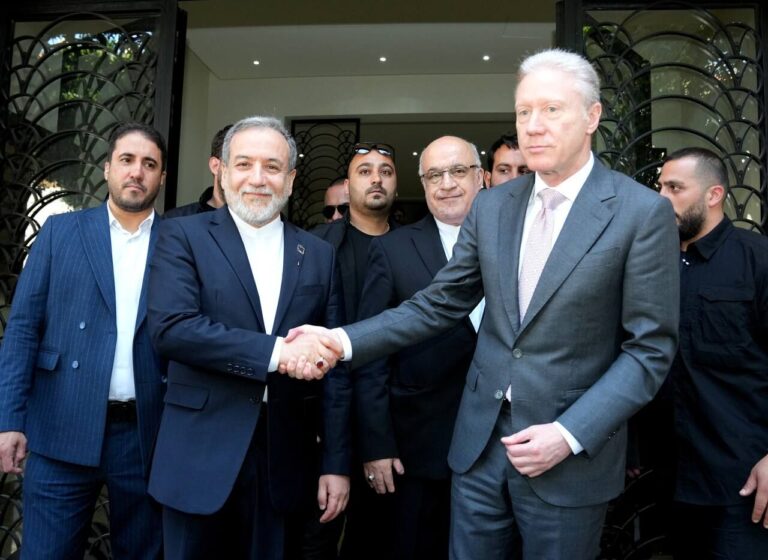Exploring the Helyeh Doutaghi Case: A Deep Dive into Freedom of Speech Issues in the West
On March 28, 2025, the academic community was shaken by the dismissal of Dr. Helyeh Doutaghi, a distinguished Iranian scholar and Deputy Director of the Law and Political Economy (LPE) group at Yale Law School (YLS). This controversial decision by Yale University follows a targeted smear campaign orchestrated by a media outlet aligned with Zionist interests, which spread AI-generated misinformation and highlighted Yale’s ties to pro-Israel legal advisors and military contractors.
In her public statement, Dr. Doutaghi firmly rejected the allegations against her. She emphasized that participating in such processes would only serve to legitimize the “Zionist child-killing forces,” undermining the core principles of due process. Dr. Doutaghi argued that her dismissal was directly linked to her academic critiques of U.S. sanctions on Iran, her outspoken condemnation of the ongoing genocide in Gaza, and her unyielding advocacy for Palestinian rights.
This incident is taking place during an unprecedented crackdown by the U.S. government on scholars, students, and activists who oppose genocide and advocate for peaceful resolutions. Dr. Doutaghi’s Iranian identity has further intensified this repression, especially as the U.S. and its allies escalate their warmongering policies and economic sanctions against Iran while systematically silencing dissenting voices.
The termination of an academic for expressing political views starkly reveals the hypocrisy of Western claims regarding democracy, free speech, and the right to protest. Academic repression and the systematic erasure of dissenting voices serve as tools to entrench hegemonic narratives and maintain imperialist educational structures.
Dr. Doutaghi has noted a resurgence of what can be termed “Zionist-inflected McCarthyism” in the United States, aimed at stifling any criticism of Israel. This new wave of ideological purges, career blacklisting, and performative condemnations echoes the tactics of the Cold War era, now rebranded under a 21st-century imperialist-Zionist agenda.
In this critical climate, resistance against imperialist-Zionist suppression of free thought and dissent is not merely optional; it is a moral imperative for all justice-seeking individuals globally. As Iran’s Leader articulated in his Eid al-Fitr address, the Zionist regime in West Asia serves as a colonial proxy for Western powers, perpetuating their machinery of violence and oppression.
We, the undersigned, strongly condemn Yale University’s decision to terminate Dr. Helyeh Doutaghi. This action is part of a coordinated effort to silence voices that oppose genocide and U.S. imperialist policies. We demand:
- The immediate retraction of all unsubstantiated charges against Dr. Doutaghi in the United States.
- A formal apology from Yale University and compensation for the damages inflicted on Dr. Doutaghi.
- An end to the intimidation of academics and activists in Western institutions across the U.S., Europe, and Canada.
These attacks aim to intimidate and silence the countless advocates who have bravely amplified Palestinian resistance and the call for freedom. We urge academic, student, and political movements worldwide that have stood firm against imperialist-Zionist coercion to raise their voices against genocide and to defend the Palestinian right to resist.
As the academic community navigates these turbulent waters, it is vital to recognize the broader implications of Dr. Doutaghi’s dismissal. The incident highlights the precarious position of scholars who dare to challenge dominant narratives and advocate for marginalized voices. The academic world should serve as a bastion of free thought, where dissent is not only tolerated but encouraged as a means to foster critical discourse and promote social justice.
Furthermore, the implications of this event extend beyond the walls of Yale University. It signals a troubling trend where academic institutions may prioritize political alignment and funding over academic freedom and integrity. The chilling effect this creates can dissuade future scholars from engaging in contentious yet necessary discussions surrounding international politics, human rights, and global justice.
As we reflect on the events surrounding Dr. Doutaghi’s dismissal, it is essential to advocate for a renewed commitment to academic freedom across campuses worldwide. Institutions must protect their scholars from political pressures and ensure that diverse viewpoints can coexist without fear of retribution. Only then can academia fulfill its role as a crucible for innovation, debate, and progress.
In conclusion, the case of Dr. Helyeh Doutaghi serves as a poignant reminder of the ongoing struggles faced by academics who dare to speak truth to power. It calls for collective action from all who value the integrity of academic freedom and the necessity of dissenting voices in the pursuit of justice. We stand united in our commitment to support those who challenge oppressive narratives and advocate for a more just world.
